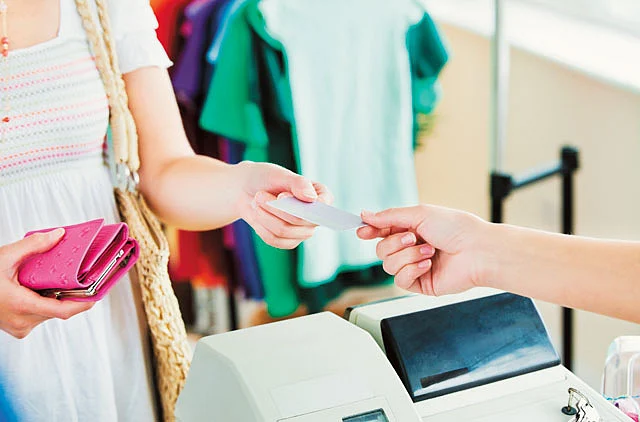UAE online shoppers are finally dropping their cash-on-delivery preference
Trend to watch out for is a more customer convenient 'buy now, pay later' option

Payment methods have been a critical enabler of ecommerce, with cash-on-delivery playing its part in convincing wary consumers about e-tailing. Or connecting an unbanked/partially banked population a shot at buying online.
Historically, UAE had seen high levels of cash-on-delivery even though credit card usage was relatively high. Such orders used to contribute 65 per cent plus to the total online order volumes. However, even then, Amazon was one of the key players in the region that did not offer cash-on-delivery options. (This was before they bought Souq.)
This illustrates that the high level of cash-of-delivery fed orders might be more a factor of building trust by new e-tailers than improving financial inclusion. During the peak of the pandemic last year, contactless modes of payment became popular as customers chose to minimise physical contact.
Then came COVID
Some e-tailers even stopped offering cash-on-delivery for a brief period, keeping in mind the safety of their staff and customers. Given that customers had limited choices, we saw a high uptake in other forms of digital payments at the expenses of cash.
Even after the effects of pandemic are subsiding, customer usage of cash to transaction has not reached the same levels as before. In our recently survey, only half of consumers polled said cash was their preferred form of payment. Some key drivers that could explain this reduction are increased "stickiness" towards alternate payments, higher online adoption of high frequency categories and emergence of new forms of payments.
Let's go into the details...
High stickiness
Some of the reduction in cash usage can be explained by staying true to alternate payment methods. Many customers bought their online purchases using other payment methods and they had a positive experience - and continued to use it.
Increased adoption
In 2020, high frequency categories such as grocery saw increased adoption on online channels. In such high-frequency categories, customers chose convenience of paying digitally over cash. Our study shows that e-grocery consumers use much lower cash-based purchases when compared to other e-tailing categories.
It is likely that we will see a spillover of this in other categories as e-tailers such as noon, Amazon and Carrefour offer multiple categories in addition to grocery.
New forms
We have also seen new modes of payments such as 'buy now, pay later' (BNPL) emerging. These allow customers to pay for their purchases in instalments and allow them to manage their cashflows better. This is especially important during such uncertain times.
It is not a surprise that awareness of BNPL mode has already crossed the critical threshold of 50 per cent in the UAE. I expect that this form of payment to increase as it also enables customers the benefit of making partial payments after receiving the product – one important factor that is also attractive about cash-on-delivery.
We are already seeing many players such as Spotii, tabby, Rise, Aramex Smart, Postapay and cashew in this category. Make no mistake, cash continues to be important for e-tailers in the short term. However, the importance has started declining and creating opportunities for e-tailers.
- Written by Sandeep Ganediwalla, Managing Partner of Redseer Consulting in Middle East.
Sign up for the Daily Briefing
Get the latest news and updates straight to your inbox
Network Links
GN StoreDownload our app
© Al Nisr Publishing LLC 2025. All rights reserved.